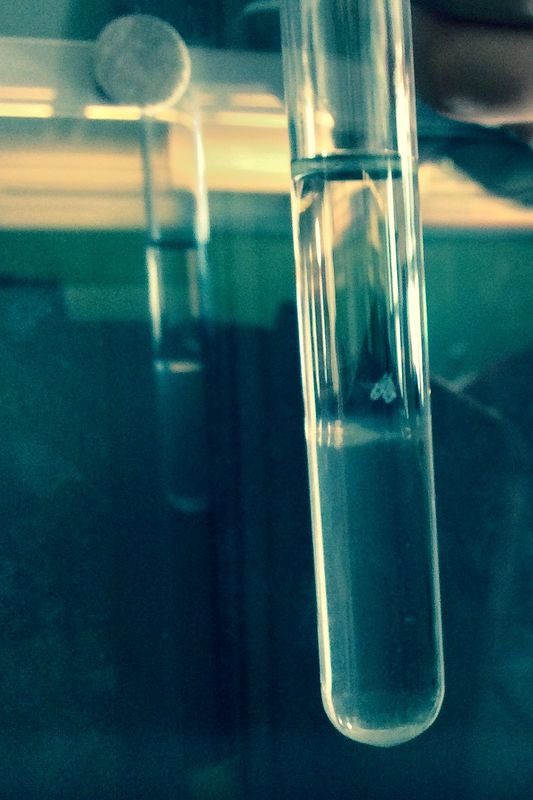3.1 Biologists study life
Biology is the science of life. It studies all living things, from the molecules that make up life to the global and universal phenomena of living organisms. The job of biologists is to elaborate, refine and add to existing knowledge. The science of biology is divided into different fields in accordance to the studied phenomena. Such fields include

- Molecular biology: life on the molecular level
- Cell biology: cells and cell tissues
- Microbiology: bacteria and other microscopic organisms
- Anatomy: the structures of animals
- Physiology: the mechanisms of organisms
- Ecology: the relationship between organisms and the environment
- Ethology: the behavior of animals
- Genetics: the inheritance of characteristics and the functions of genes
- Biotechnology: making use of organisms and the substances they produce
- Environmental ecology: the relationship of humans and the natural environment
Biological knowledge is used in a variety of different fields. For example, food production, forestry, and medicine all rely on biological knowledge. Luckily for us, most diseases, their causes, and their treatments are often revealed to us when we visit the doctor.
However, in the 19th century, things like bacteria were totally unknown to humanity. The amount of malnourished people has been reduced from one billion to approximately 750 million during the last couple of decades, despite the drastic increase in the world’s population. This would not be possible without biological knowledge and its applications.
However, most biological knowledge does not produce immediate economic gain. Nevertheless, it is still important, interesting and useful to know what constitutes our world and how it has developed.

By combining our knowlege of the requirements of different climates, soils and plants, the right crop species and cultivation methods can be selected. This will increase the efficiency and yield of agricultural production.